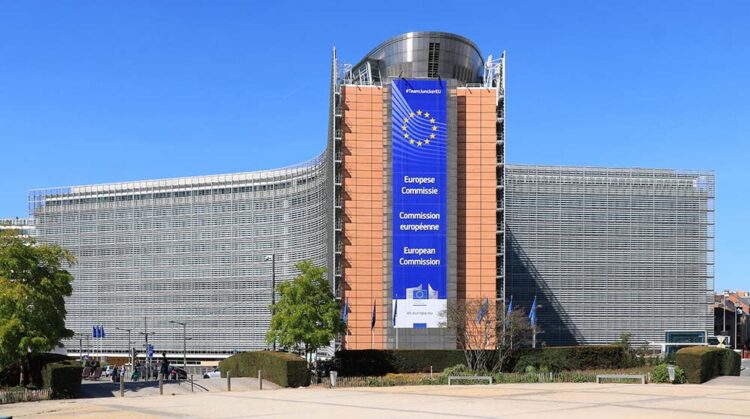Microsoft will be attending a European Commission (EC) merger hearing in Brussels on Feb. 21, the company announced on Tuesday in response to a Statement of Objections (SO) from the European Union watchdog agency over its proposed $69B USD acquisition of Call of Duty and Overwatch 2 maker Activision Blizzard. As first reported by Florian Mueller at FOSS Patents on Tuesday, Sony is expected to attend the hearing as well, which is closed to the public.
The SO is a preliminary antitrust ruling similar to the recent ruling issued by the UK’s Competition & Markets Authority (CMA) last week, though it is unclear what the objections are to the merger contained within this EC document, as of this writing.
Because Microsoft received an SO it now has access to the EC case file and gained the right to ask for a merging hearing before EC officials in Brussels. This hearing will likely be used by Microsoft to respond to Sony’s and other stakeholders’ objections to the acquisition, which will likely be made public in whole or in part—unless parties involved ask that some information be kept confidential and the EC grants such requests.
According to Mueller, based on previous EC proceedings he has attended, the hearing could attendance from officials at the European Union including directorates-general, European Commission EVP Margrethe Vestager (or a qualified representative from her office), representatives from EU member states such as France or Germany, and interested third-parties who can convince the EC they belong there.
Further, Mueller says that an EC merger hearing is a lot like a trial, though a decision is not typically rendered immediately. The EC team working the case will then make recommendations such as unconditional approval of the deal, approval with conditions, or an outright rejection. Following the hearing, Microsoft would likely continue to negotiate with the EC.
On Tuesday Microsoft issued a statement on the hearing, noting that: “We’re continuing to work with the European Commission to address any marketplace concerns,” the company said in a statement. “Our goal is to bring more games to more people, and this deal will further that goal.”
What happens at the EC will likely shape the trajectory of negotiations in other jurisdictions such as the United States (the Federal Trade Commission) and the UK (CMA) because the remedies Microsoft might suggest to cure objections could then be applied elsewhere. Microsoft has preemptively signed 10-year deals with Nintendo and Steam to insure that Call of Duty—the game at the heart of most of these objections—would continue to be available over the next decade on platforms that are not Xbox or Game Pass related. Microsoft has offered Sony a similar deal for PlayStation platforms, but it has—as far as we know—ignored such overtures from the company.
The Esports Advocate will continue to cover this story as it develops.
